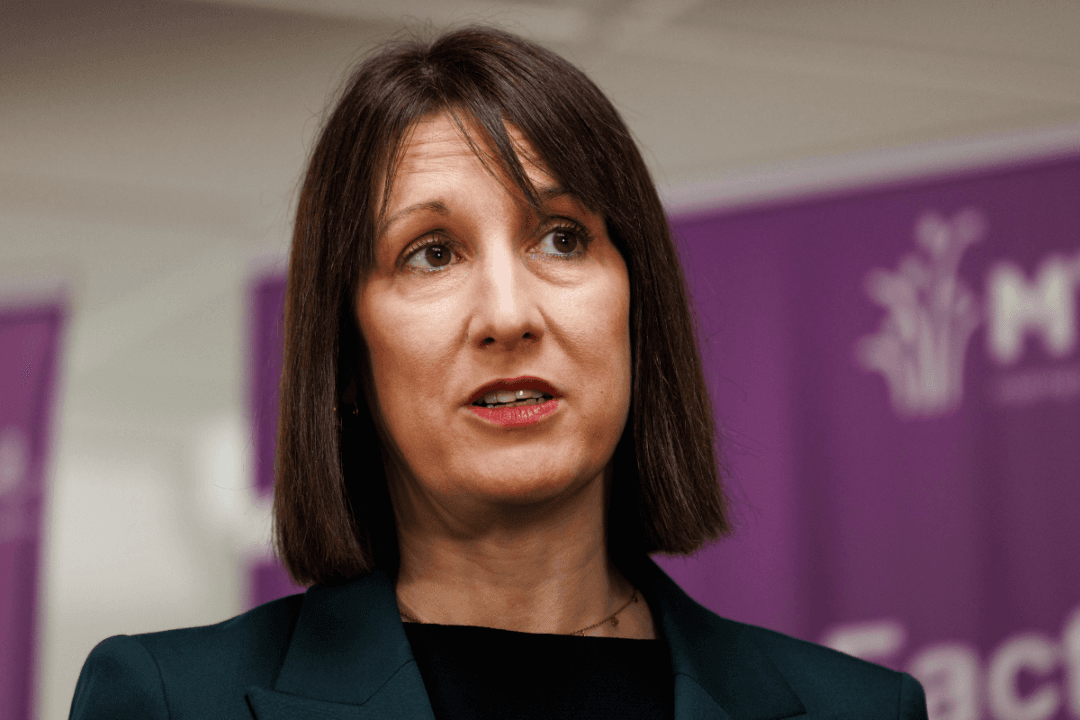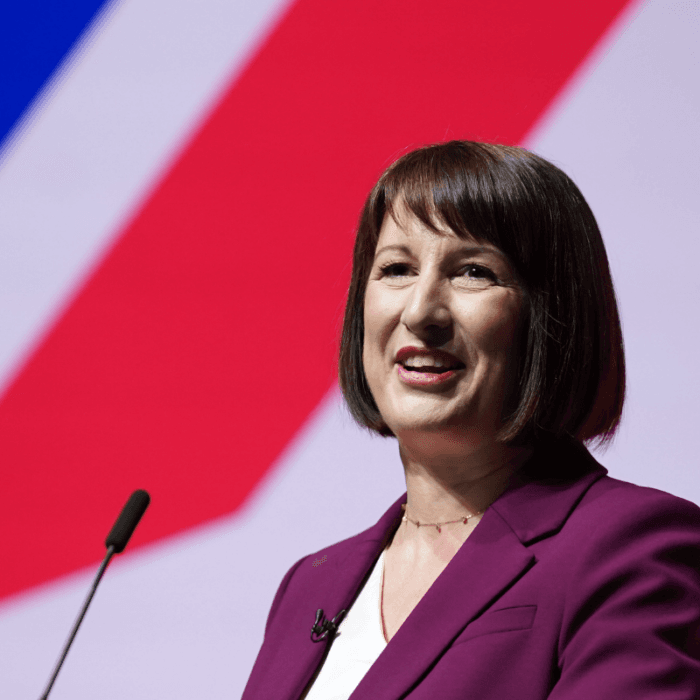The UK must develop a “closer economic relationship” with the EU to boost the British economy and drive up living standards, Chancellor of the Exchequer Rachel Reeves told counterparts in Brussels.
Reeves made the remarks during a meeting of EU finance ministers, the first time that a British chancellor of the exchequer had attended the gathering since the UK left the bloc.
The chancellor said that Brexit “is expected to cause UK trade intensity to fall by 15% and with goods exports between both the UK and EU continuing to remain below 2018 levels, this is impacting UK and EU economies alike.”
‘Division and Chaos’
She added it would be a “profound mistake to believe that we are stronger alone,” and in apparent criticism of the previous Conservative government’s post-Brexit strategy, said that “division and chaos” will not define the new Labour government’s approach to the EU.“We want a relationship built on trust, mutual respect, and pragmatism. A mature, business-like relationship where we can put behind us the low ambitions of the past and move forward, focused instead on all that we have in common and all that we might achieve together to keep our countries safe, secure and prosperous,” Reeves said.
She added that the UK will implement existing agreements with the bloc and intends to “build on those agreements to reflect our mutual interests.”
Following the meeting, Reeves said that her aim was to initiate a reset in the UK’s relationship with the EU, and that “those conversations about the reset and those negotiations will begin in the new year.”
The new Labour government has frequently used the word “reset” to define its approach in government and the tone it wishes to set with the international community.
No Return to EU Institutions
While Reeves indicated there would be negotiations on closer economic ties in 2025, she confirmed that the UK would not be rejoining any of the EU’s institutions, a pledge that Labour had made in its manifesto.The chancellor said: “We got a mandate at the election in July to grow our economy and we also included in that manifesto a number of red lines in terms of our relationship with the European Union: no return to the single market, the customs union or free movement of labour.
“Those red lines remain, but subject to those we want to build closer trade relationships, but also defence and security co-operation with our neighbours and trading partners in the European Union, because it is in our collective national interest to do so.”
Taking Britain Backwards
When in government, the Conservatives had said they wanted to create more trade links with the rest of the world and had initiated deals including joining the Comprehensive and Progressive Agreement for Trans-Pacific Partnership.Maintaining that post-EU outlook, shadow business secretary Andrew Griffith suggested the chancellor should direct energy into building a trading relationship with U.S. President-elect Donald Trump, rather than with Brussels.
“If she is interested in growth, she should tell the prime minister to jump on a plane to the U.S. and talk to Trump about getting a U.S.–UK trade deal done, not trying to take Britain backwards into the slow-growth EU,” Griffith said.
Reeves insisted during her speech to finance ministers that there was no need to choose between American and European allies, adding, “The UK will always remain committed to our relationship with the US.”
Shadow chancellor of the Duchy of Lancaster Alex Burghart criticised the Labour government’s EU strategy, saying it appears that the administration “is to follow EU rules for nothing in return.”







